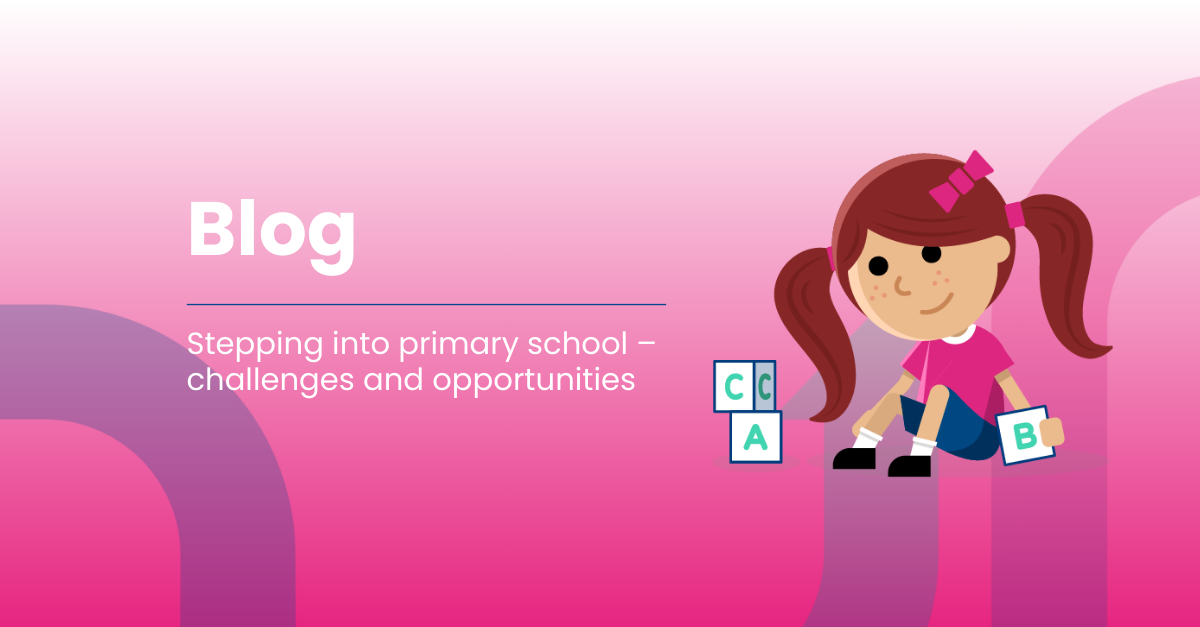Stepping into primary school – challenges and opportunities
Stepping into primary school – challenges and opportunities
This blog is a response from Pupil Pathways to the 2025 report
Education Equity For The North Of England: Challenges & Opportunities
(Child of the North (2025). Education Equity for the North of England. A report prepared for the National Opportunity Summit, Leeds, 8th September)
It can be downloaded at
Child of the North Reports – N8 Research Partnership
This is a report that makes you stop and think.
The reason for this because it looks at a child’s life prospects based upon their characteristics as they enter primary school. It looks at the idea of school readiness. In the foreword, Baroness Anne Longfield (Chair of the Commission on Young Lives) and Dr Camilla Kingdon (Former President, Royal College of Paediatrics and Child Health) state
School readiness is not simply about knowing letters and numbers; it is about being physically healthy, emotionally secure, socially confident, and ready to thrive in a learning environment.
The importance of being school ready
For those who are not school ready, the statistical implications are starkly outlined. Examples from the report include
32.3% of children not school ready = hundreds of thousands of children in the UK entering school without the necessary skills to achieve and thrive.
Children who are not school ready are eight times more likely not to reach Key Stage 1 expected levels. Gaps in literacy and numeracy established at five years widen through primary and secondary school.
Young people who were not school ready are almost three times more likely to be out of employment, education, or training at age 16–17 years. The impact of early disadvantage extends into the labour market and life chances
It is clear. The implications on not being “school ready” are not just about progress in primary school, but impact on the whole school journey, and therefore on the life of the child.
Failing to close the school readiness gap risks entrenching cycles of disadvantage across generations.
The role of those working in EYFS
The report highlights numerous ways forward. One of these identifies those working in schools, and nurseries, collectively referring to them as teachers.
the evidence shows that teachers, through the EYFSP, are already excellent at spotting children’s needs early.
And that
Teachers, through sustained observation of children in real-life classroom contexts, are often the first to recognise emerging difficulties. They capture not only academic skills but also social, emotional, and behavioural development.
One of the report’s recommendations is to
Embed teacher insights into connected data systems such as Connected Bradford ensuring early identification informs commissioning and national policy.
A response from Pupil Pathways
Pupil Pathways has been working with Tameside Local Authority for two years to support the transition from nurseries and childminders into primary school. This is using our StepIntoSchool service.
As Penny Greenwood, Early Years Consultant at Tameside Council noted,
“We use childminders as well as nurseries, because they’re doing the same work to get children school ready. Their knowledge is vital, and it shouldn’t be excluded.”
The benefits of StepIntoSchool
You can read the full case study, but of greatest relevance to this report are the five key benefits reported by the Tameside team:
- A single, centralised space to store and review all transition information
- Flexibility to update records right up to the September start
- Stronger lines of accountability and communication between settings and schools
- Secure, GDPR-compliant transfer of sensitive data
- Better preparation for children with additional needs
A personalised transition
Penny went on to say
early and secure sharing of information isn’t just an administrative task, it’s what makes truly personalised transition possible.
StepIntoSchool is helping local authorities turn a previously patchy and manual process into something structured, inclusive, and genuinely child-centred
Find out more
Visit our contact page to discuss how StepIntoSchool can support your children’s move to primary school.



